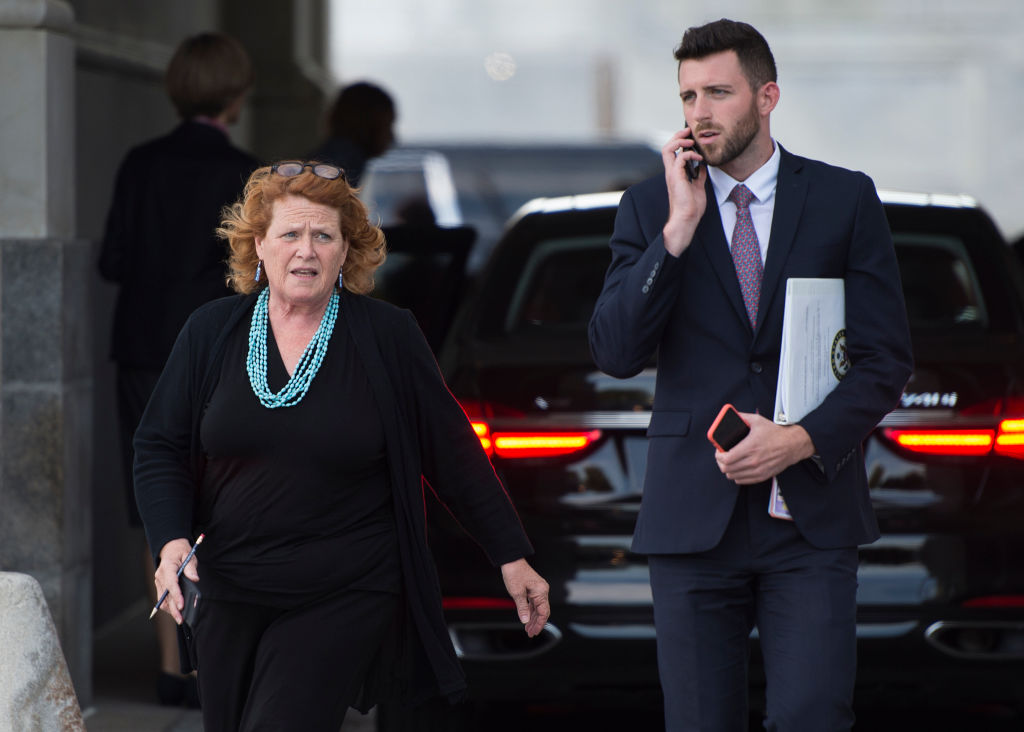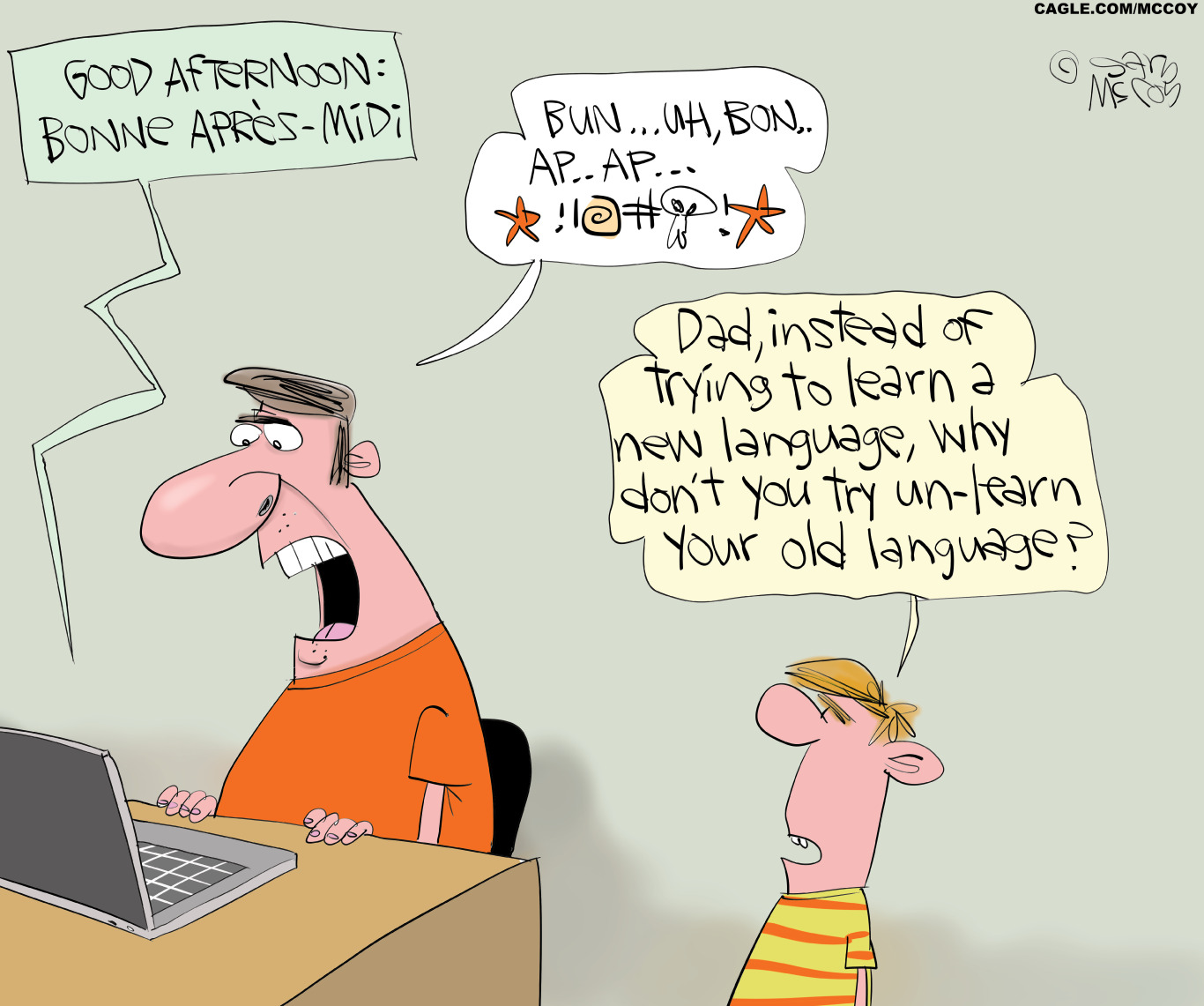Supreme Court upholds North Dakota voter ID law that hits Native Americans, a key Democratic constituency


On Tuesday, the Supreme Court upheld a North Dakota voter ID law that requires proof of residential address, among other forms of identification. The law had been challenged by members of North Dakota's sizable Native American population, many of whom use post office boxes and lack residential addresses. "The U.S. Postal Service does not provide residential delivery in these rural Indian communities," the Native American Rights Fund explains.
A federal judge had struck down much of the 2017 law in April, ruling that it discriminated against Native American voters, but the U.S. 8th Circuit Court of Appeals stepped in last month and allowed the law to take effect. Judge Brett Kavanaugh did not participate in the Supreme Court's decision to affirm the appellate ruling, and Justices Ruth Bader Ginsburg and Elena Kagan dissented. Ginsburg argued in the dissent that the court should have vacated the 8th Circuit Court's ruling because it was too close to the election, 70,000 North Dakota residents don't have the proper ID and 18,000 of them don't have supplemental documentation allowing them to vote, and "the risk of disfranchisement is large."
The ruling will hurt Sen. Heidi Heitkamp's (D-N.D.) already uphill re-election bid, Mother Jones suggests. "Heitkamp won her seat by less than 3,000 votes in 2012 with strong backing from Native Americans, and she is the only statewide elected Democrat. North Dakota Republicans began changing voting rules to make it harder to cast a ballot months after Heitkamp's victory six years ago." The North Dakota secretary of state's office advises Native Americans and other North Dakotans without a street address to call their county 911 coordinator to begin a "no charge" process of getting a street address and proof of address that should allow them to obtain a valid ID or use as supplemental documentation permitting them to vote in November.
The Week
Escape your echo chamber. Get the facts behind the news, plus analysis from multiple perspectives.

Sign up for The Week's Free Newsletters
From our morning news briefing to a weekly Good News Newsletter, get the best of The Week delivered directly to your inbox.
From our morning news briefing to a weekly Good News Newsletter, get the best of The Week delivered directly to your inbox.
A free daily email with the biggest news stories of the day – and the best features from TheWeek.com
Peter has worked as a news and culture writer and editor at The Week since the site's launch in 2008. He covers politics, world affairs, religion and cultural currents. His journalism career began as a copy editor at a financial newswire and has included editorial positions at The New York Times Magazine, Facts on File, and Oregon State University.
-
 A lemon-shaped exoplanet is squeezing what we know about planet formation
A lemon-shaped exoplanet is squeezing what we know about planet formationUnder the radar It may be made from a former star
-
 Political cartoons for January 4
Political cartoons for January 4Cartoons Sunday's political cartoons include a resolution to learn a new language, and new names in Hades and on battleships
-
 The ultimate films of 2025 by genre
The ultimate films of 2025 by genreThe Week Recommends From comedies to thrillers, documentaries to animations, 2025 featured some unforgettable film moments
-
 ABC News to pay $15M in Trump defamation suit
ABC News to pay $15M in Trump defamation suitSpeed Read The lawsuit stemmed from George Stephanopoulos' on-air assertion that Trump was found liable for raping writer E. Jean Carroll
-
 Judge blocks Louisiana 10 Commandments law
Judge blocks Louisiana 10 Commandments lawSpeed Read U.S. District Judge John deGravelles ruled that a law ordering schools to display the Ten Commandments in classrooms was unconstitutional
-
 ATF finalizes rule to close 'gun show loophole'
ATF finalizes rule to close 'gun show loophole'Speed Read Biden moves to expand background checks for gun buyers
-
 Hong Kong passes tough new security law
Hong Kong passes tough new security lawSpeed Read It will allow the government to further suppress all forms of dissent
-
 France enshrines abortion rights in constitution
France enshrines abortion rights in constitutionspeed read It became the first country to make abortion a constitutional right
-
 Texas executes man despite contested evidence
Texas executes man despite contested evidenceSpeed Read Texas rejected calls for a rehearing of Ivan Cantu's case amid recanted testimony and allegations of suppressed exculpatory evidence
-
 Supreme Court wary of state social media regulations
Supreme Court wary of state social media regulationsSpeed Read A majority of justices appeared skeptical that Texas and Florida were lawfully protecting the free speech rights of users
-
 Greece legalizes same-sex marriage
Greece legalizes same-sex marriageSpeed Read Greece becomes the first Orthodox Christian country to enshrine marriage equality in law
